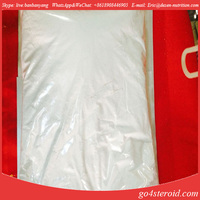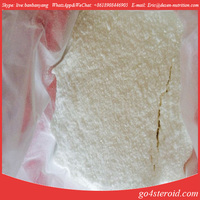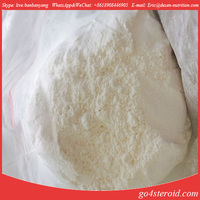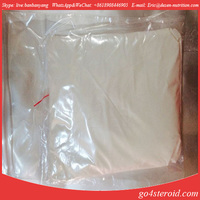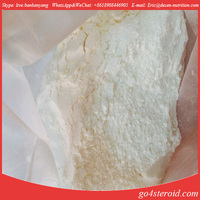Lecithin CAS 8002-43-5 Nutritional supplement
Product Quick Detail
- Minimum Order
- 1
- Place Of Origin
- China
- Packaging
- Exquisite packaging
- Delivery
- 3-7 work days
Specifications
Food additive
The nontoxicity of lecithin leads to its use with food, as an additive or in food preparation. It is used commercially in foods requiring a natural emulsifier or lubricant.
In confectionery, it reduces viscosity, replaces more expensive ingredients, controls sugar crystallization and the flow properties of chocolate, helps in the homogeneous mixing of ingredients, improves shelf life for some products, and can be used as a coating. In emulsions and fat spreads, it stabilizes emulsions, reduces spattering during frying, improves texture of spreads and flavour release. In doughs and bakery, it reduces fat and egg requirements, helps even distribution of ingredients in dough, stabilizes fermentation, increases volume, protects yeast cells in dough when frozen, and acts as a releasing agent to prevent sticking and simplify cleaning. It improves wetting properties of hydrophilic powders (e.g., low-fat proteins) and lipophilic powders (e.g., cocoa powder), controls dust, and helps complete dispersion in water. Lecithin keeps cocoa and cocoa butter in a candy bar from separating. It can be used as a component of cooking sprays to prevent sticking and as a releasing agent. In margarines, especially those containing high levels of fat (>75%), lecithin is added as an 'antispattering' agent for shallow frying.
Dietary supplement
Because it contains phosphatidylcholines, lecithin is a source of choline, an essential nutrient. Clinical studies have shown benefit in acne, in improving liver function, and in lowering cholesterol, but older clinical studies in dementia and dyskinesias had found no benefit. However, a more recent double-blind, randomized, placebo-controlled trial in 2003 found that it was necessary to raise the lecithin dose to 1 gram and maintain daily supplementation for at least 90 days in order to see measurable benefits, which were confirmed in "all testing parameters."
Egg-derived lecithin is not usually a concern for those allergic to eggs since commercially available egg lecithin is highly purified and devoid of allergy-causing egg proteins. Egg lecithin is not a concern for those on low-cholesterol diets, because the lecithin found in eggs markedly inhibits the absorption of the cholesterol contained in eggs.
- Country: China (Mainland)
- Business Type: Manufacturer,Trading Company
- Market:Americas,Europe,Oceania
- Founded Year:2010
- Address:
- Contact:ava yang

